Indie-pop band AJR released their fifth EP, “OK Orchestra,” after leaving a year’s worth of musical breadcrumbs in their wake. The album’s lead single, “Bang,” earned the Billboard Award for Top Rock Song this year and peaked at No. 8 on U.S. charts. Originally intended to be an extension of their fourth album, “Neotheater,” the single was later repurposed as a harbinger of their next project.
AJR’s style is marked by harmonious vocals and stylistic pastiche. They borrow elements from trap, doo-wop, rock and dubstep to create a delicious musical smorgasbord that strikes the balance between intention and improvisation. The AJR brothers — Adam, Jack and Ryan Met (hence the band’s name) — draw upon their NYC roots with their skillful integration of musical theater storytelling. Their incorporation of Golden Age film-style orchestration, when paired with anxiety-laden beats and whimsically cynical lyrics, makes for a coming-of-age canto written for a generation in the throes of a post-apocalyptic world.
“OK Overture,” the album’s first track, is stylistically reminiscent of the opening number of a Broadway musical. It pulls the listener out of the album and into the experience of writing it, as well as into a meta-musical descent down a rabbit hole of whimsy and introspection. They set up the titular theme of the album in a self-reflecting refrain, “One day, maybe someday, I’ll be so out of touch / I’ll become a trumpet or a drum set in a sad orchestra / One day, maybe someday in a world speeding up / It’s getting hard, so very hard to keep up.”
AJR is no stranger to tackling the age-old fear of mortality. “Sober Up,” a single from their third album, “The Click,” grapples with the tendency to lose sight of life’s simple joys in the ever-complicated realm of the adult world. The fear of getting older, coupled with the desire to be a “grown-up,” is an ever-present theme in the band’s musical development. The crux of the album is reconciling the inevitable transition into adulthood with the necessity of holding onto the joyous naivete of childhood. If Holden Caulfield had a playlist, “OK Orchestra” would be on it.
The AJR brothers have developed a knack for exploring societal anxieties through their candid and simplistic lyrics. The album’s third track, “3 O’Clock Things,” takes the form of a runaway train of thought rooted in self-consciousness and social paranoia. The song is seemingly a conglomerate of disjointed thoughts on life and society, culminating in the realization that the line between the real and the manufactured grows blurrier with every passing day. It presents itself as manic and not to be taken too seriously, but the lyrical stakes are high. During the song’s bridge, the jazzy instrumentation fades enough for lead singer Jack Met to croon, “It’s all a bit cloudy, but there’s one thing I know / That if you’re f—ing racist, then don’t come to my show.”
OK ORCHESTRA is now yours. Please give it your love and time and care. We hope it makes you feel something. https://t.co/Fs8T297ur8 pic.twitter.com/M6NAOnM4oa
— AJR (@AJRBrothers) March 26, 2021
The album, however, is not wholly serious in nature. While AJR’s new content tackles more complex subject matter, they incorporate their signature sense of whimsy in all they do. The sixth track of “OK Orchestra,” “Adventure Is Out There,” is a testament to that: The song is quite literally a story about lost socks. The band wonders where the socks have wandered to, where they’ve traveled and what they’ve seen. The chorus then laments at the fact that a lost pair of socks has likely seen more of the world than they have: “Adventure is out there / So why am I in here today?”
This anecdote, while lighthearted in nature, strikes a chord with an audience that has spent the past year forgoing adventure for the sake of public safety. AJR’s fanbase is comprised of people who passed the better part of a year in quarantine. Longing for adventure yet finding yourself confined to the monotony of everyday life is a theme that resonates regardless but strikes a particularly strong chord with young people living through the COVID-19 pandemic.
Track eight, titled “The Trick,” builds on the dichotomy between the perception and reality established in “3 O’Clock Things.” It details the frustrations of presenting oneself as more interesting or more mature than is actually the case. A melodious, high-pitched speaker serves as the voice of deceit, saying things like “I got a dog and my dog can dance / Just not in public and not with my friends / I got a girl and she’s twenty-eight / Now I’m the coolest guy in all of eighth grade.”
Long-standing fans will note the thematic similarities between “The Trick” and the band’s earlier track “Pretender.” Both evoke the need to inflate one’s self-esteem via deceit. The progression from “Pretender” to “The Trick” is one that connotes an increased level of self-awareness. “Pretender” mostly deals with the idea of showmanship through public image and social media. “The Trick,” however, deals with deception in a more personal dimension. It posits that the lies that we tell others create a false self, one that can involuntarily become intrinsic to who we are.
The transition from “Pretender” to “The Trick” is marked by a higher level of frustration and disdain for the way the speaker fools those around him. He recognizes that his actions are wrong and hates the way they affect his relationships with others. Nevertheless, he cannot seem to find a way to be truthful because he fears that no one can love his true self.
The penultimate track of “OK Orchestra,” “Way Less Sad,” has achieved notable success on both radio and streaming platforms since its release — and for good reason. It gives voice to some of the hopelessness that accompanies our generation’s transition into adulthood. It recognizes that we live on a dying planet, ruled by corrupt institutions. Our day-to-day experience is marked by smoke and mirrors, panem et circenses.
And yet, here we are.
For better or for worse, we’re alive and kicking. So, we embrace the “OK” of it all, striving for happiness, but content in the knowledge that we are, at the very least, “Way Less Sad.”


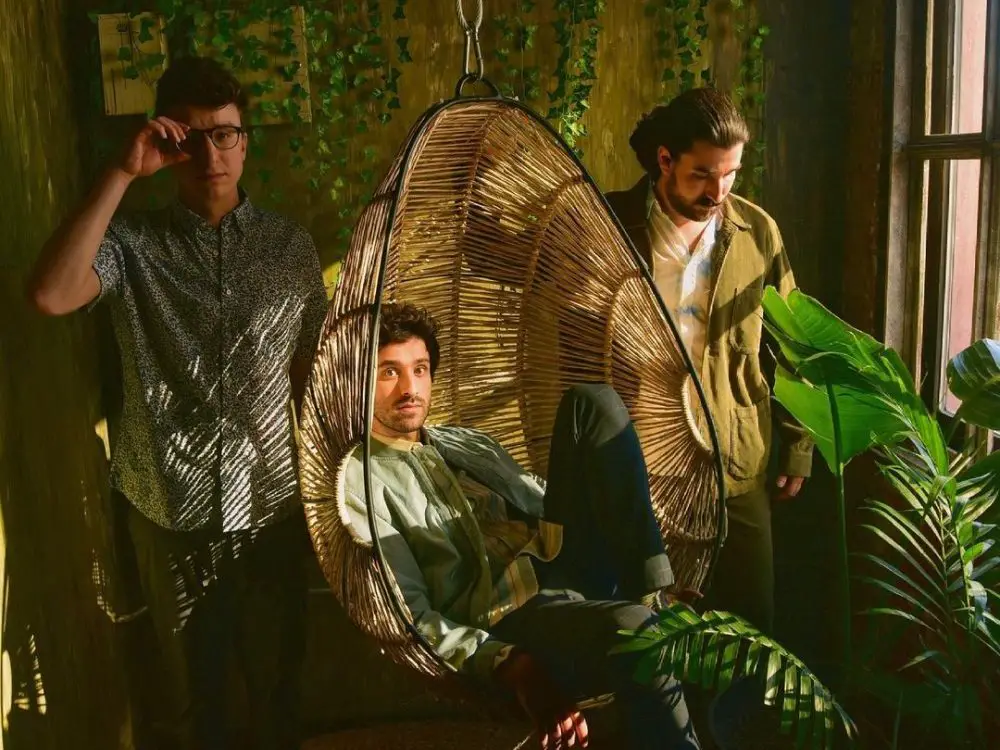



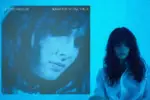
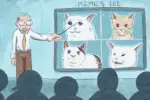
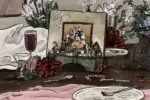

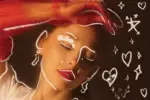

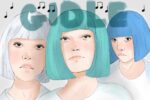




This album truly captures the essence of navigating life’s uncertainties in a relatable way. The storytelling and emotional depth resonate with so many of us trying to find our path. It’s refreshing to have music that articulates that struggle so beautifully. Great analysis!
This post captures the essence of ‘OK Orchestra’ perfectly! It’s refreshing to see how the album resonates with the struggles of our generation. The blend of personal and universal themes makes it truly relatable. Thanks for sharing your insights!
This post perfectly captures the essence of ‘OK Orchestra’! The themes of uncertainty and self-discovery really resonate with my experience as a part of this generation. It’s refreshing to see an album that articulates our struggles and hopes so beautifully. Thanks for shedding light on its impact!
This is such a relatable take on ‘OK Orchestra’! The themes of navigating uncertainty and finding one’s identity resonate deeply, especially in today’s world. I love how the album captures the struggles of our generation while also offering hope. Thanks for sharing your insights!
Deviant Art and itch to propose a mutual non-monetary support system where I engage with your content in exchange for similar help with drift boss, an addictive and fast-paced drifting game, while also inquiring: Is group learning an option in English courses? I think studying with others could help me stay motivated, so I’m curious if many courses offer this format.
This post highlights your incredible talent for turning everyday moments into something extraordinary. pokemon overlord Great job